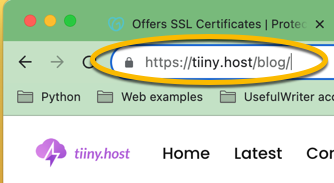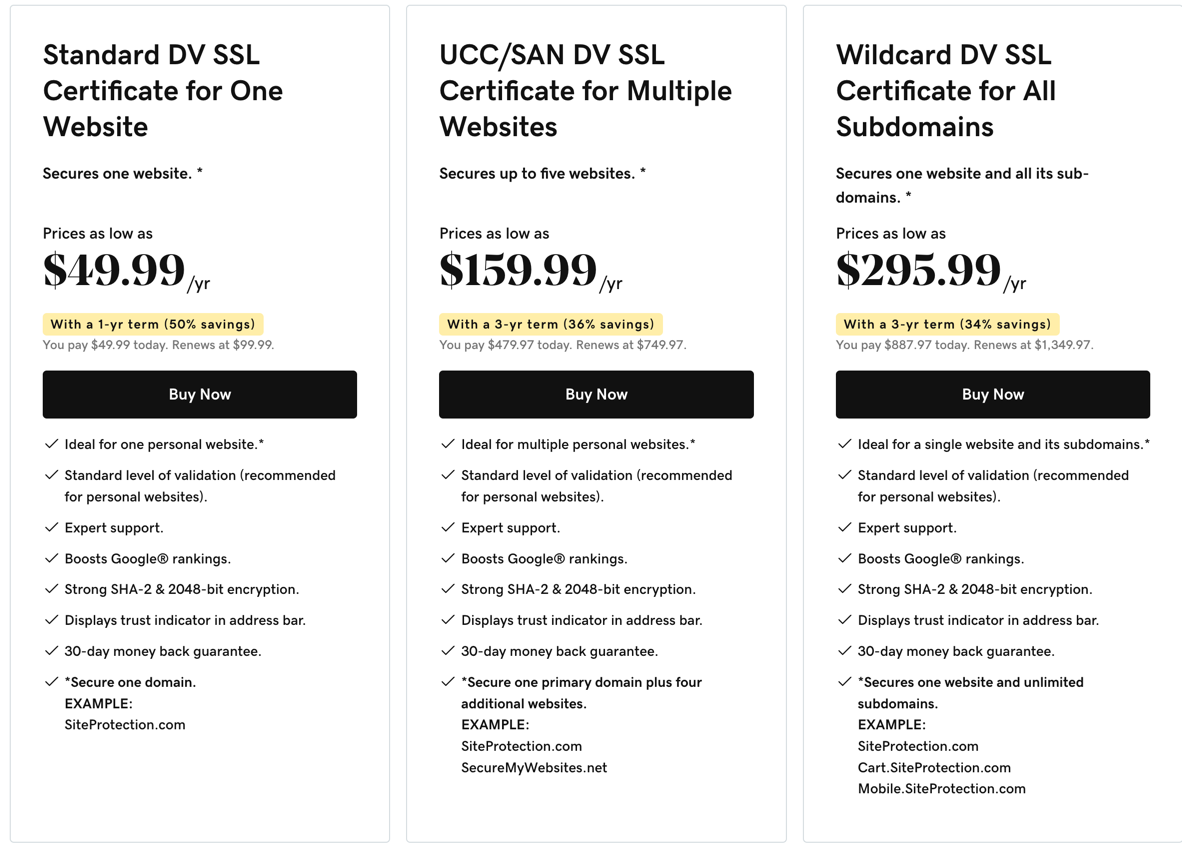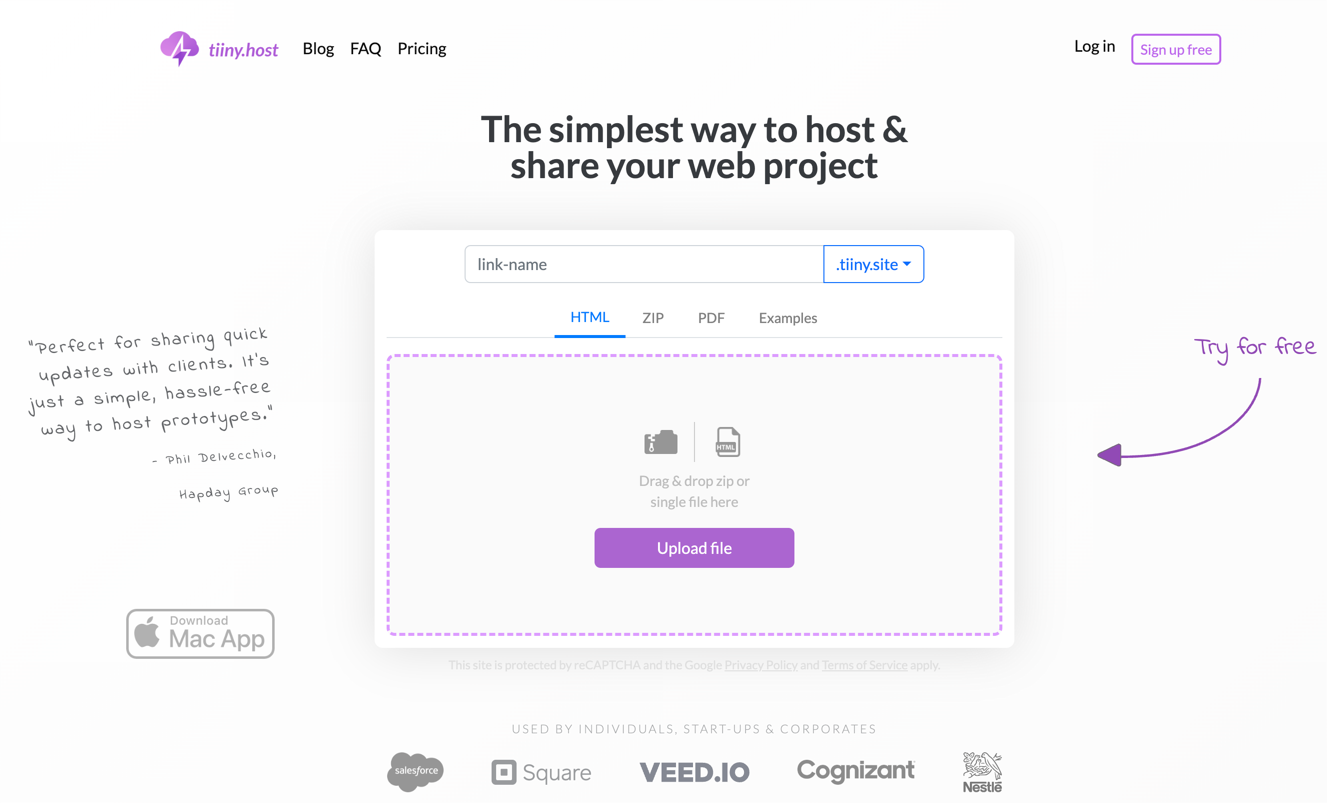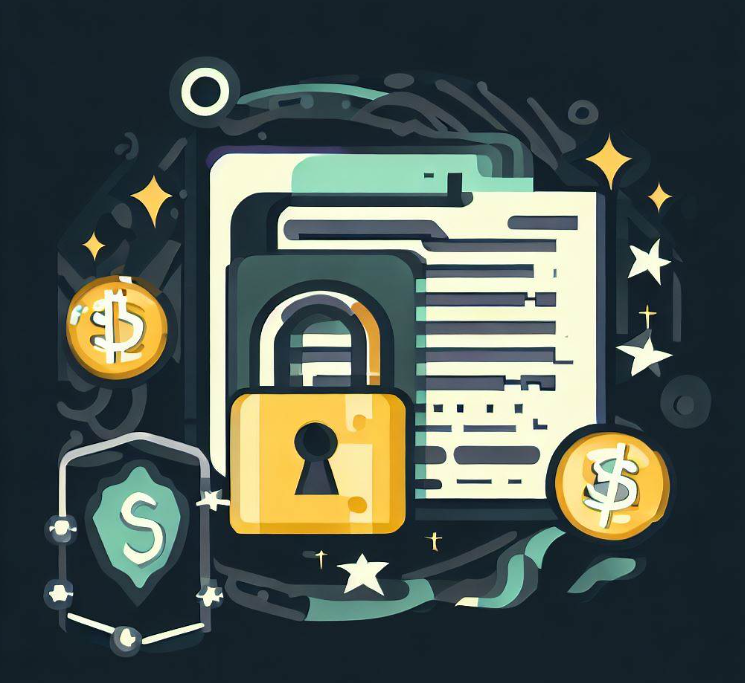- What is an SSL certificate?
- How SSL certificates work
- Why choose GoDaddy?
- GoDaddy SSL certificate options
- How much do GoDaddy DV SSL certificates cost?
- Next steps
- Still have questions?
- FAQ: GoDaddy SSL Certificate Cost
Hackers gonna hack.
You must protect your website and visitors’ data with an SSL certificate.
It’s that simple.
Whether you run a small personal blog or a huge multi-site e-commerce platform, you still need an SSL certificate, but the kind you get may vary.
For e-commerce stores, ensuring a secure connection is especially crucial, and proper installation plays a key role. If you’re setting up SSL on a Magento 2 store, understanding the step-by-step process can help avoid common issues and ensure a seamless configuration.
GoDaddy is one of the largest Certificate Authorities (CA) around. That means they provide the SSL certificate you need—for a price.
We’ll examine GoDaddy’s SSL certificates and their costs. Plus, we’ll take a quick look at popular free SSL certificate options, including the simplest one on the web.
Let’s begin.
What is an SSL certificate?
Hackers can intercept the information you and your website visitors send over the internet. It must be encrypted to keep this information private and secure so hackers can’t read it. Encrypted information is the safest way to ensure a secure website.
A Secure Sockets Layer (SSL) certificate turns your website into a safe haven for your visitor’s information. The SSL certificate contains data about who you are, ensures that you own the website, and that the CA has verified the data in the certificate.
The certificate server—where the digital certificate is located—creates a secure connection between your visitor’s browser and your website. This foils the hackers.
You can tell your certificate works by the lock icon in your browser’s address bar. Also, the web URL will start with “https” instead of “http.” The “s” stands for secure.

An SSL certificate does more than just offer proof of identification. It secures your data transmissions.
The certificate provides:
- Encryption
- Fragmentation of data
- Confidentiality
- Data integrity
- User authentication
How SSL certificates work
The certificate doesn’t actively “know” when someone visits your site. Your visitor’s browser initiates the whole process. Then, the SSL cert comes into play.
Here’s what happens.
Connection Initiation
When you type in an HTTPS URL or follow an HTTPS link, your browser attempts to establish a secure connection with the web server.
Server Identity
The server sends back its SSL certificate to the browser. This certificate contains the server’s public key and other details about the certificate holder, the certificate’s validity period, the certificate authority (CA) that issued the certificate, and more.
Certificate Verification
The browser checks the received certificate to ensure:
- It hasn’t expired.
- It hasn’t been revoked.
- It was issued by a trusted certificate authority (a list of trusted CAs is maintained in the browser).
- The certificate matches the site it’s connecting to.
Key Exchange
If the browser trusts the certificate, it creates a symmetric session key, encrypts it using the server’s public key (from the server’s certificate), and sends it back to the server.
Session Key Retrieval
The server then decrypts the session key using its private key, which only it possesses.
Secure Session Establishment
Both the browser and the server now have the same session key. This symmetric session key is used for the current session to encrypt and decrypt the transmitted data, ensuring data confidentiality and integrity.
Data Transmission
With the secure channel established, the browser and server can now exchange information securely.
Why choose GoDaddy?
Hopefully, the importance of the SSL certificate has been made clear. But why get your cert from GoDaddy? After all, there are many CAs around. What makes GoDaddy so unique?
Clever readers have already figured out that the credibility of the CA is crucial. Many fine CAs exist, but GoDaddy is among the largest and most trusted. GoDaddy is a world leader, providing the strongest encryption available.
GoDaddy SSL certificate options
There are three basic types of SSL certs: DV, OV, and EV. These types are distinguished by how the data is validated.
Domain Validated (DV)
Domain validation is the least secure but is fine for personal sites and blogs. They are easy to obtain, so there is a chance that a bad actor (hacker or bot) has got one.
Fortunately, there is a free DV CA that is globally respected—Let’s Encrypt! Let’s Encrypt offers free, transparent, and secure DV certs.
RECOMMENDED ARTICLE: How to Get a Free SSL Certificate for Your Website.
Organization Validated (OV)
Organization validation takes authentication several steps further. The CA authenticates domain ownership similar to DVs but takes nine steps to validate that the certificate is valid and in good standing.
OV certs are usually paid options. Mid-level business sites, login screens—any site requiring the input of data by your visitor—are served well by OV certs.
Extended Validated (EV)
Extended validation requires 18 steps, the highest level of vetting by CAs. Not only the domain information but a business’s operational existence, physical address, and telephone number are required to verify the authenticity of the requestor.
The EV is the most expensive of the three types. Global banks, Fortune 500 companies, and large e-commerce platforms require an EV for safety’s sake.
How much do GoDaddy DV SSL certificates cost?

GoDaddy sets DV Certificate prices based on how many websites will be protected.
As you can see, a standard DV with standard features costs $50 a year per website.
UCC/SAN DV certs are a bit different than standard DVs. Unified Communications Certificates (UCC) and Subject Alternative Name (SAN) certs secure multiple domains with a single certificate. These are often associated with Microsoft Exchange Servers and Office Communications Servers. UCC/SAN DV certs are over three times as expensive as standard DVs on GoDaddy. This pricing difference makes sense because more domains are secured than just one.
The most expensive cert is the WILDCARD option. With this cert, all subdomains of a specific domain are secured. This can amount to a lot of websites based on your site structure.
Pricing for OV and EV certificates is much higher. Be sure to visit GoDaddy.com for all SSL certificates’ latest pricing and features.
Next steps
If you’re looking to host a website and wish to have a free DV SSL certificate automatically installed, we suggest you try our service, Tiiny.host.

You can host your website, PDF, or demo on Tiiny.host for free. After your initial free hosting, you can extend your stay with one of our low-cost professional plans.
Some of the professional features included with paid plans are:
- Password protection
- Custom domains
- Built-in analytics
- Fast global CDN hosting
- PDF and code editor
Still have questions?
Tiiny.host’s superb customer service people are happy to help answer any questions raised by this article, anything about web hosting or SSL certificates, or anything web-related. No commitment is required.
Visit Tiiny.host/help to reach us today.
FAQ: GoDaddy SSL Certificate Cost
How much does a basic SSL certificate from GoDaddy cost?
The cost of a basic SSL certificate (typically Domain Validated) from GoDaddy can vary depending on ongoing promotions, package deals, or duration (e.g., a one-year vs. a multi-year certificate). It’s always best to check GoDaddy’s official website for the most up-to-date pricing.
Is there a difference in cost between a Wildcard SSL and a standard SSL certificate?
Yes, Wildcard SSL certificates usually cost more than standard SSL certificates. This is because a Wildcard SSL can secure unlimited subdomains under a single domain, whereas a standard SSL certificate secures only one domain or subdomain.
Does GoDaddy offer any discounts or package deals for SSL certificates?
GoDaddy often runs promotions or discounts, especially for new users or when purchasing SSL certificates in conjunction with other GoDaddy services. It’s a good idea to check their website or subscribe to their newsletters for the latest offers.



